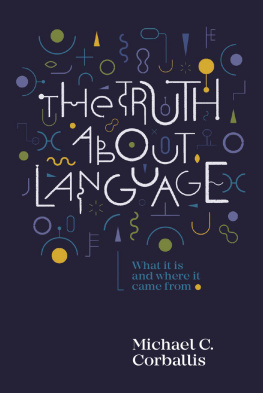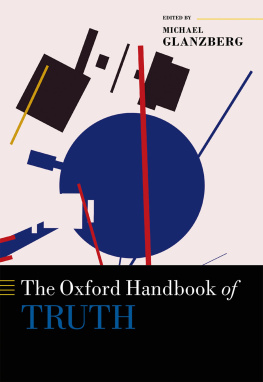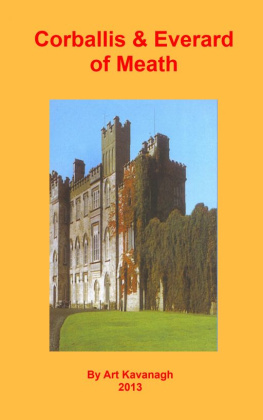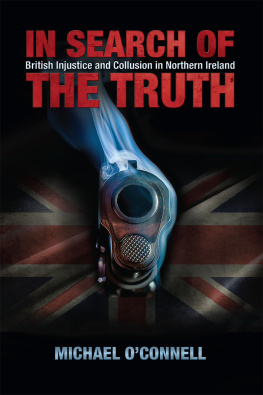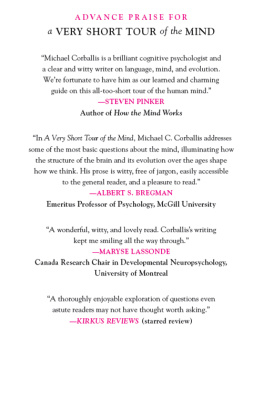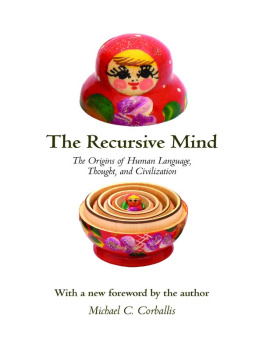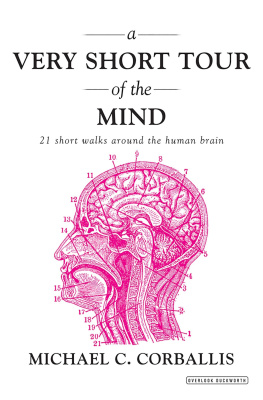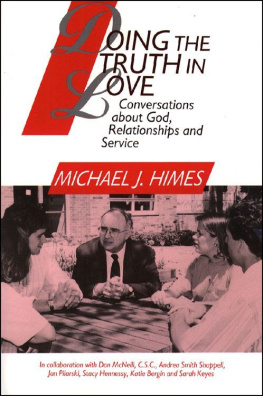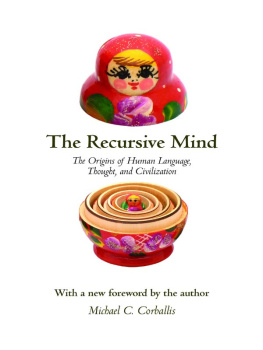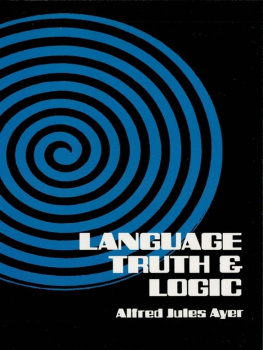Michael Corballis - The Truth about Language What It Is and Where It Came From
Here you can read online Michael Corballis - The Truth about Language What It Is and Where It Came From full text of the book (entire story) in english for free. Download pdf and epub, get meaning, cover and reviews about this ebook. year: 2017, publisher: Auckland University Press, genre: Home and family. Description of the work, (preface) as well as reviews are available. Best literature library LitArk.com created for fans of good reading and offers a wide selection of genres:
Romance novel
Science fiction
Adventure
Detective
Science
History
Home and family
Prose
Art
Politics
Computer
Non-fiction
Religion
Business
Children
Humor
Choose a favorite category and find really read worthwhile books. Enjoy immersion in the world of imagination, feel the emotions of the characters or learn something new for yourself, make an fascinating discovery.
- Book:The Truth about Language What It Is and Where It Came From
- Author:
- Publisher:Auckland University Press
- Genre:
- Year:2017
- Rating:5 / 5
- Favourites:Add to favourites
- Your mark:
- 100
- 1
- 2
- 3
- 4
- 5
The Truth about Language What It Is and Where It Came From: summary, description and annotation
We offer to read an annotation, description, summary or preface (depends on what the author of the book "The Truth about Language What It Is and Where It Came From" wrote himself). If you haven't found the necessary information about the book — write in the comments, we will try to find it.
The Truth about Language What It Is and Where It Came From — read online for free the complete book (whole text) full work
Below is the text of the book, divided by pages. System saving the place of the last page read, allows you to conveniently read the book "The Truth about Language What It Is and Where It Came From" online for free, without having to search again every time where you left off. Put a bookmark, and you can go to the page where you finished reading at any time.
Font size:
Interval:
Bookmark:
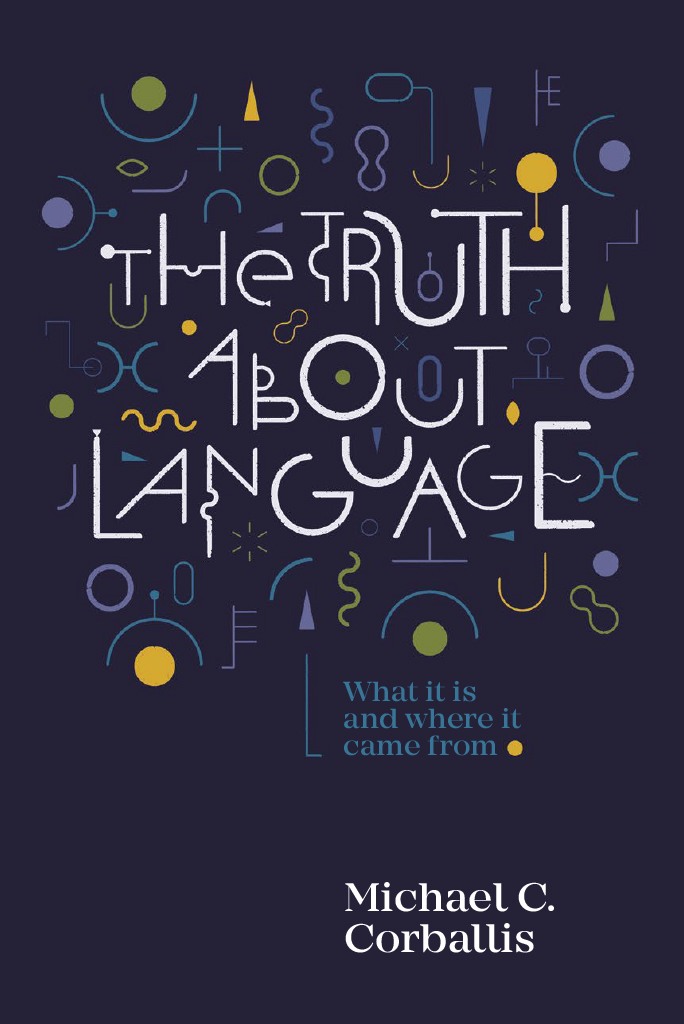
Michael C. Corballis
Auckland University Press
Auckland University Press
University of Auckland
2017 by Michael C. Corballis
All rights reserved. Published 2017.
Printed in Singapore by Markono Print Media Pte Ltd
26 25 24 23 22 21 20 19 18 17 1 2 3 4 5
ISBN-13: 978-1-86940-863-3 (paperback)
ISBN-13: 978-1-177558-918-1 (e-book)
A catalogue record for this book is available from the National Library of New Zealand
Language is my whore, my mistress, my wife, my pen-friend, my check-out girl. Language is a complimentary moist lemon-scented cleansing square or handy freshen-up wipette. Language is the breath of God, the dew on a fresh apple, its the soft rain of dust that falls into a shaft of morning sun when you pull from an old bookshelf a forgotten volume of erotic diaries; language is the faint scent of urine on a pair of boxer shorts, its a half-remembered childhood birthday party, a creak on the stair, a spluttering match held to a frosted pane, the warm wet, trusting touch of a leaking nappy, the hulk of a charred Panzer, the underside of a granite boulder, the first downy growth on the upper lip of a Mediterranean girl, cobwebs long since overrun by an old Wellington boot.
Stephen Fry, from A Bit of Fry and Laurie
Language is the elephant in the room, the jewel in the crown, the ghost in the machine. It is perhaps the ultimate challenge for the social and biological sciences, since no one really understands how it works, yet, barring disease or misadventure, we all possess it. Without language there would be no stories, no religion, no science, no history. Some would say no consciousnesswrongly, I think, but thats a story for later. And yet we are the only species that can communicate in that open-ended way that we like to call language, filling our daily lives with talk and gossip, our libraries with books, our televisions with soap operas and excitable sports commentators, our parliaments with vacuous bickering and self-important posturing, our computer screens with downloads of variable authenticity, our lecture halls with bespectacled wisdomnot to mention the twittering of our smartphones.
Strangely, though, we seem to take language for granted, a gift bestowed on us for the privilege of being human. Of course other animals do communicate, but their communications have nothing approaching the sheer vastness of human language, its extraordinary power to evoke, explain, persuade, recountand of course bullshit. Animals can of course communicate, conveying pain or emotion, but their apparent inability to tell us their thoughts, ideas, memories, or plans somehow seems to absolve us from guilt over the ways we exploit them. Perhaps it has seemed better not to question how we came to possess language, but rather to assume that its simply a mark of our superiority, placing us closer to the angels than to the apes.
In any event, language seems so different from any other form of communication, whether the chirruping of birds or the chattering of monkeys, that it almost defies explanation. Throughout history, therefore, there has been a strong temptation to suppose that it was simply bestowed on us by some deity or maybe was an outcome of some fluke of naturea mutation, perhaps, or a property emerging from an expanded brain. From a Darwinian perspective, though, this wont do. The challenge is to place language, like any other complex faculty or organ, into the context of natural selection.
Of course some have tried. The esteemed behaviorist B. F. Skinner sought to explain language in terms of basic behavioral principles derived from work with animals, principally pigeons. This work, described in his 1957 book Verbal Behavior, did not really propose an evolutionary scenario but simply set language in the context of animal behavior, requiring no special discontinuity between ourselves and other animals. Skinners work also implicitly recognized that language should not be identified with speech but is rather a form of behaviora recognition that resonates with one of the themes of this book. But Skinners legacy has not really lasted; his influence was thwarted by the publication in the same year of another much slimmer volume by the linguist Noam Chomsky, Syntactic Structures. Chomskys book effectively denied that language could be understood in terms of associative learning and reopened the chasm between humans and even our closest nonhuman relatives, the great apes. These and ensuing events are covered in the pages that follow.
The divide between those who favor a progressive, Darwinian account and those who believe language to have been the result of some sudden and dramatic change remains as large as ever. And of course I am not the first to attempt an account of language evolution in terms of natural selection. There have been intermittent attempts through history, often opposed by the church, and also a flurry of recent accounts, opposed not so much by religious authorities as by those who think that the gap between humans and other animals is simply too great to have been breached by the incremental steps of evolution. This issue also plays out in more detail in the pages of this book.
I am grateful for discussion with many who have some broad agreement with the approach I have taken, including Michael Arbib, Christina Behme, Richard Byrne, Nicola Clayton, Francesco Ferretti, Russell Gray, James Hurford, Giacomo Rizzolatti, Kim Sterelny, the late William Stokoe, and Sherman Wilcox. Many of my students have been kind enough to agree with my views on language evolution, but then I suppose they would, wouldnt they? On the other side of the coin I have (mostly) enjoyed sparring with Chomsky himself, as well as with Tecumseh Fitch, Mark Hauser, Adam Kendon, Robert Seyfarth, my good friend Thomas Suddendorf, and Ian Tattersall. I dont suppose I will persuade those to whom the gap is unbreachable in Darwinian terms, but perhaps I can at least contribute to what seems to me to be a sea change in our understanding of language and its evolution.
On a more personal level, I am grateful to Barbara Corballis for support, and also to my brilliant sons Paul and Tim and to their equally brilliant daughters Simone, daughter to Paul and Theresa, and Lena and Natasha, twin daughters to Tim and Ingrid. The three girls are all currently aged seven, and already more eloquent than their grandfather.
Over a decade ago, Morten Christiansen and Simon Kirby introduced an edited collection of articles on the evolution of language with the chapter title Language Evolution: The Hardest Problem in Science? It was framed as a question but may indeed be true as a statement. In this book I attempt a solutionone that is in part speculative but based where possible on facts. sets the background and has three chapters.
describes some of the properties of language that make it seem so intractable. It opens with a quote from a prominent nineteenth-century philologist writing, as many did at the time, in protest against Darwins theory of evolution. Language, he thought, was the one obstacle to the idea that human behavior could have arisen through natural selection. Language indeed seems to be unique to our species, and to have properties not easily discerned either in other aspects of human thinking or in the behaviors of our closest nonhuman relatives.
In I outline how the apparent uniqueness and complexity of language have led to the view that language must have been the result of some miracle, whether a gift from the deity, a fortunate genetic mutation, or simply a byproduct of having a large and complicated brain. Prominent among those who argue that language emerged in our species in a single step is Noam Chomsky, the foremost linguist of our time, and his views are supported by many contemporary linguists and anthropologists.
Font size:
Interval:
Bookmark:
Similar books «The Truth about Language What It Is and Where It Came From»
Look at similar books to The Truth about Language What It Is and Where It Came From. We have selected literature similar in name and meaning in the hope of providing readers with more options to find new, interesting, not yet read works.
Discussion, reviews of the book The Truth about Language What It Is and Where It Came From and just readers' own opinions. Leave your comments, write what you think about the work, its meaning or the main characters. Specify what exactly you liked and what you didn't like, and why you think so.

